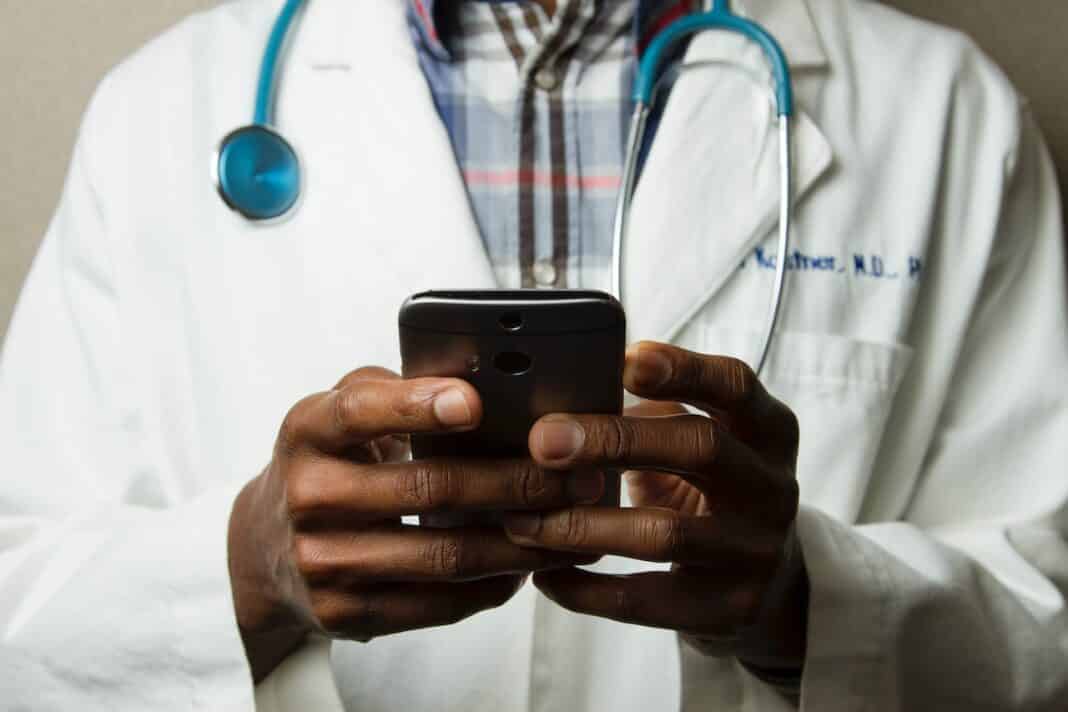From 2024 NHS doctors in England are to be given mandatory training in female medical issues in a bid to improve women’s health services and address gender inequalities within public healthcare.
Plans include increased free access to NHS fertility treatment and more funding for mobile breast cancer screening units.
The changes have been prompted by feedback gathered during the Government’s call for evidence in spring 2021, when it collected views on women’s health from a sample of 100,000 members of the public, charity workers, academics and campaigners.
Commonly reported among respondents was a lack of understanding of conditions which only affect women among the professionals whose job it is to treat them. To address this, from the 2024/2025 academic year all medical students and new doctors will receive mandatory teaching and assessments specifically centred around women’s health.
Maria Caulfield, Minister for Women’s Health, told BBC Radio 4’s Women’s Hour: “We heard from women that the system doesn’t listen to them when they come forward and ask for help with their healthcare needs. These are women often juggling jobs, young families and caring responsibilities, and unless we make it work from [sic] them they will continue to face barriers seeking help.”
Government plans include:
- A cash injection of £10 million to fund the addition of 25 mobile breast cancer screening units in areas with low testing rates
- Updated guidance on the treatment of severe endometriosis
- The introduction of a pregnancy loss certificate, which would provide legal recognition when a baby dies in the first 24 weeks of pregnancy
- The expansion of dedicated women’s health hubs, so that gynaecology, sexual health and maternity services are accessible in a single location
- A change in the rules around fertility treatment: couples considering IVF should be able to compare how NHS provisions in their local authority compare to other parts of the country; it will become possible to access free fertility treatment if one half of a couple already has a child from a previous relationship; and female same-sex couples will be able to access free IVF services on the NHS without first needing to pay for artificial insemination at a private clinic to prove their need for assisted conception.
Sarah Norcross, director of fertility charity PET, has welcomed the removal of certain barriers to IVF access, but calls it ‘incredibly disappointing’ that the Government’s manifesto does not include plans to tackle the ‘postcode lottery’ of treatment services across England. “The commitment to improve transparency in relation to the availability of IVF does not equate to giving women the chance to try to have a baby,” she told the BBC.
Steve Barclay, the new Health Secretary, added: “Our health and are system only works if it works for everyone. It is not right that 51% of our population are disadvantaged in accessing the care they need, simply because of their sex.”











